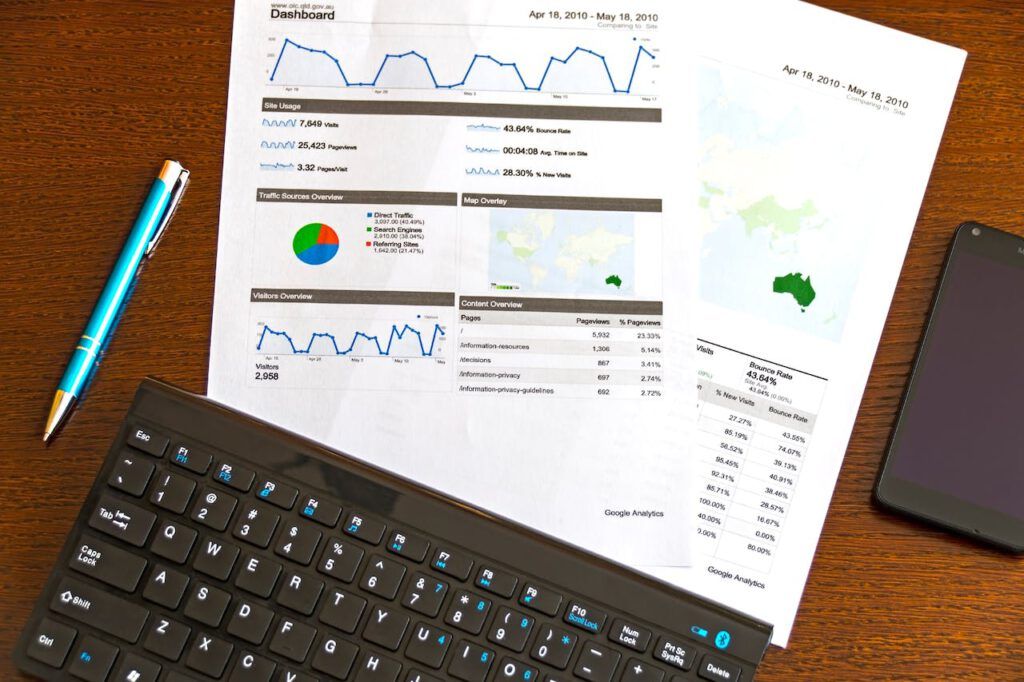In an era marked by environmental challenges, economic shifts, and evolving societal expectations, the call for sustainable business practices has never been more resounding. One crucial aspect of this transition is the initiation of sustainability reporting, a process through which organizations transparently communicate their economic, environmental, and social impacts. While the idea of sustainability reporting may seem like an additional administrative burden for businesses, its importance cannot be overstated. Now, more than ever, there is a compelling case for organizations to embark on this journey toward transparency and accountability.
First and foremost, sustainability reporting serves as a powerful tool for fostering accountability and trust. As consumers and stakeholders increasingly prioritize environmentally and socially responsible practices, businesses are under growing pressure to demonstrate their commitment to sustainable development. Adopting sustainability reporting allows companies to showcase their efforts, achievements, and future goals in a transparent manner. This not only builds trust with customers but also enhances the company’s reputation, attracting environmentally conscious consumers and investors who align with the organization’s values.
Moreover, as regulatory landscapes evolve, sustainability reporting is becoming a legal requirement in many jurisdictions. Governments worldwide are recognizing the critical role businesses play in addressing global challenges, prompting the implementation of regulations that mandate transparency regarding environmental, social, and governance (ESG) performance. By initiating sustainability reporting now, organizations can stay ahead of regulatory curves, ensuring compliance and avoiding potential legal consequences in the future.
Beyond regulatory compliance, sustainability reporting is instrumental in risk management. Climate change, resource scarcity, and social inequality present substantial risks to businesses. Understanding and quantifying these risks through comprehensive reporting enables organizations to develop mitigation strategies, ensuring resilience in the face of a rapidly changing global landscape. By identifying and addressing potential vulnerabilities early on, businesses can safeguard their long-term viability and protect against reputational damage.
Furthermore, sustainability reporting is a catalyst for innovation and efficiency. As organizations delve into the intricacies of their environmental and social impacts, they often uncover opportunities for improvement. This introspective process encourages innovation in product design, supply chain management, and operational efficiency. By identifying areas where environmental and social practices can be enhanced, businesses not only contribute to sustainability goals but also gain a competitive edge in a market increasingly shaped by conscious consumerism.
In a broader context, sustainability reporting contributes to the collective effort to achieve global sustainability goals, such as those outlined in the United Nations Sustainable Development Goals (SDGs). By aligning their reporting with these internationally recognized benchmarks, organizations signal their commitment to addressing pressing global challenges. This alignment not only enhances the credibility of the reporting process but also fosters collaboration and partnerships with other entities working towards shared sustainability objectives.
In conclusion, the imperative for sustainability reporting is undeniable. Whether viewed through the lens of accountability, legal compliance, risk management, innovation, or global collaboration, the benefits of initiating sustainability reporting are multifaceted. As businesses navigate an increasingly complex and interconnected world, embracing sustainability reporting now is not merely an option; it is a strategic necessity for long-term success and positive contributions to the planet and society.

